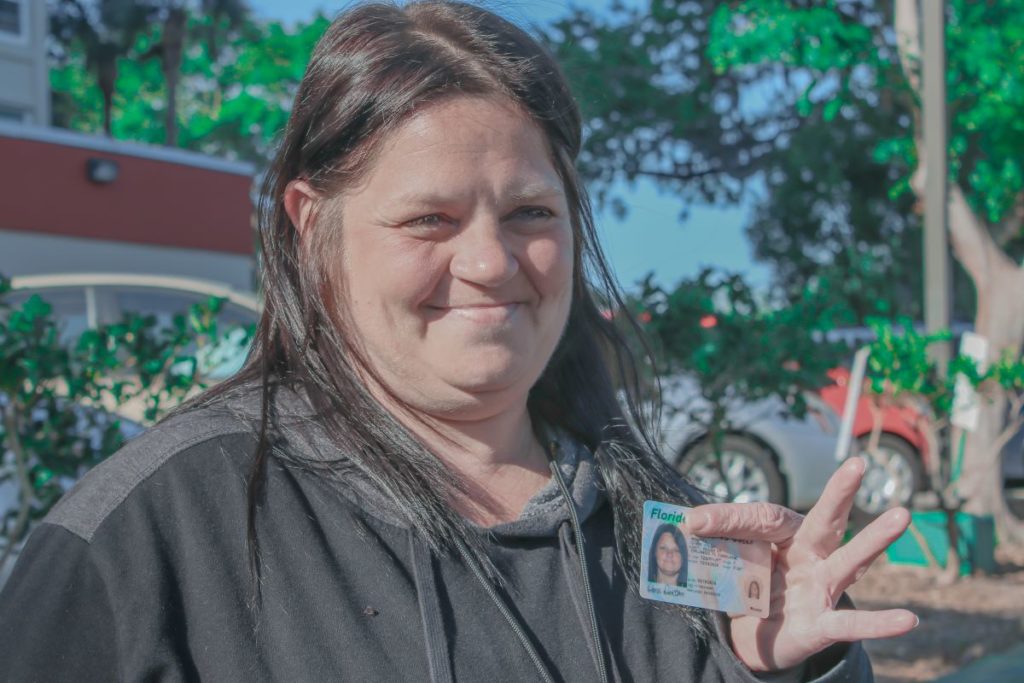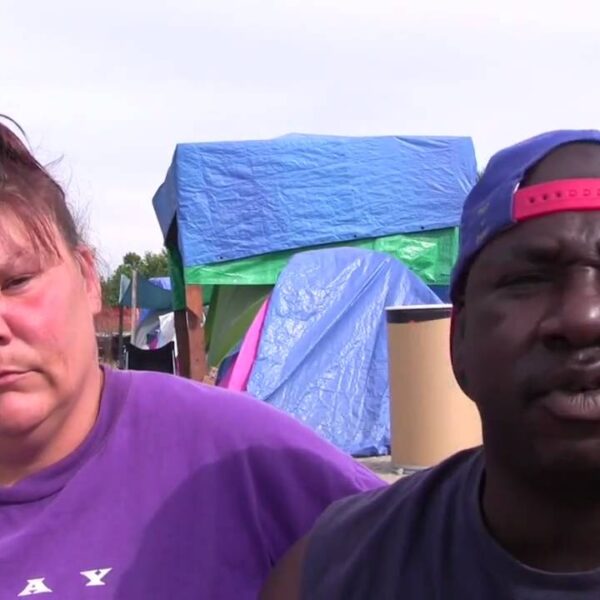Washington state is one of the latest in the nation to consider a new bill. This proposed legislation would provide Washington’s homeless population with identification cards free of charge.
Senate Bill 5664, an Act relating to implementing an identicard program to provide individuals a Washington state issued identicard, is a critical piece of legislation. If enacted, it will dramatically help homeless and marginally-housed individuals in the state.
The suggested program is remarkably simple. It models existing laws already enacted in states such as New Jersey, California and South Carolina among others.
In Washington, Senate Bill 5664 would mandate the departments of Commerce and Licensing to create the means for anyone to receive an “identicard” without having to pay any fees.
While this may seem insignificant to most inexperienced with the struggles the American homeless population faces on a daily basis, it could lead to tangible benefits that improve lives and strengthen communities.
Government Identification Offers Safety and Security
Without government ID, it can become virtually impossible for individuals and families to find a way out of the systemic poverty and homelessness which has taken control of their lives. In many places around the U.S., it is impossible to enter a government building without a form of photo identification.
This means homeless citizens, who could qualify for health care assistance or social services such as food stamps, are unable to access them. It also means these same individuals are unlikely to be able to open a bank account, receive disability payments or even stay in a homeless shelter.
For those without identification, life is extremely tough. Opportunities for advancement are impossibly limited. By offering citizens the opportunity to receive a free photo ID, legislators are creating a new world of possibility. This action can help pull people out of more dire circumstances.
Nearly every state in the United States requires identification to be able to receive identification. For homeless people, providing the necessary documents can be extremely challenging. After being turned away because they lack documents and the ability to pay fees, many homeless people give up. This is exactly what this new Washington law will seek to prevent.
There are services available to homeless individuals and families, that can dramatically improve their lives. However, when they stop trying to obtain identification, they are walking away from these life-changing services.
All U.S. Citizens Should Have Identification
Washington state Senate Bill 5664 addresses a problem affecting far too many Americans. Without it, systematic homelessness, one of the most tragic and costly social problems our nation faces today, continues.
“When you think about all the many, many instances that each one of us are required to show ID on a regular basis, I think it’s easy to understand what a barrier a lack of ID can be,” state Sen. Annette Cleveland (D), the bill’s prime sponsor, said as reported by The Seattle Times.
Though Senate Bill 5664 sponsors are optimistic about the real world results this legislation will lead to, they are not without cost. Unfortunately, based on the current economic realities in the United States, it is not possible to provide something of tangible benefit without fees.
Once signed into law, the projected program is anticipated to cost Washington about $460,000 from 2019 to 2021. The cost is expected to decrease to about $355,200 from 2021 to 2023.
While this might seem like a significant expense, it is nearly impossible to measure the long-term cost savings this program will create by helping homeless citizens to receive the support they need to change their lives.
“I can’t guarantee that everybody who gets ID will get off the streets,” Rud Browne, a Whatcom County Council member, told The Seattle Times. “I can guarantee that 100 percent of people who do not have ID will never get off the streets.”
If it seems like Mr. Browne is being verbose or overly dramatic, he isn’t. Simply put, an individual is more likely to overcome homelessness with a government issued photo ID.
Washington Is Helping to Break the Cycle of Homelessness
Individuals who meet the state’s definition of sheltered or unsheltered homeless, and who do not possess a state issued form of identification would be eligible for the program
According to The Seattle Times, Washington state has the 5th largest homeless population in the United States. As many as 22,000 were experiencing homelessness on a single night in January of 2018.
Once signed into law, this new program will dramatically improve lives. It will also help people to reverse the detrimental effects of homelessness. For this reason, it is important for local, state and federal levels to take up similar pieces of legislation. The Brennan Center found more than 11% of the US population did not have a state issued photo ID. That equates to more than 21 million of your fellow citizens.
The size and scope of the photo identification problem mirror those of the United States homeless population. By providing citizens with photo ID, we allow them access to programs that can help improve their lives.













